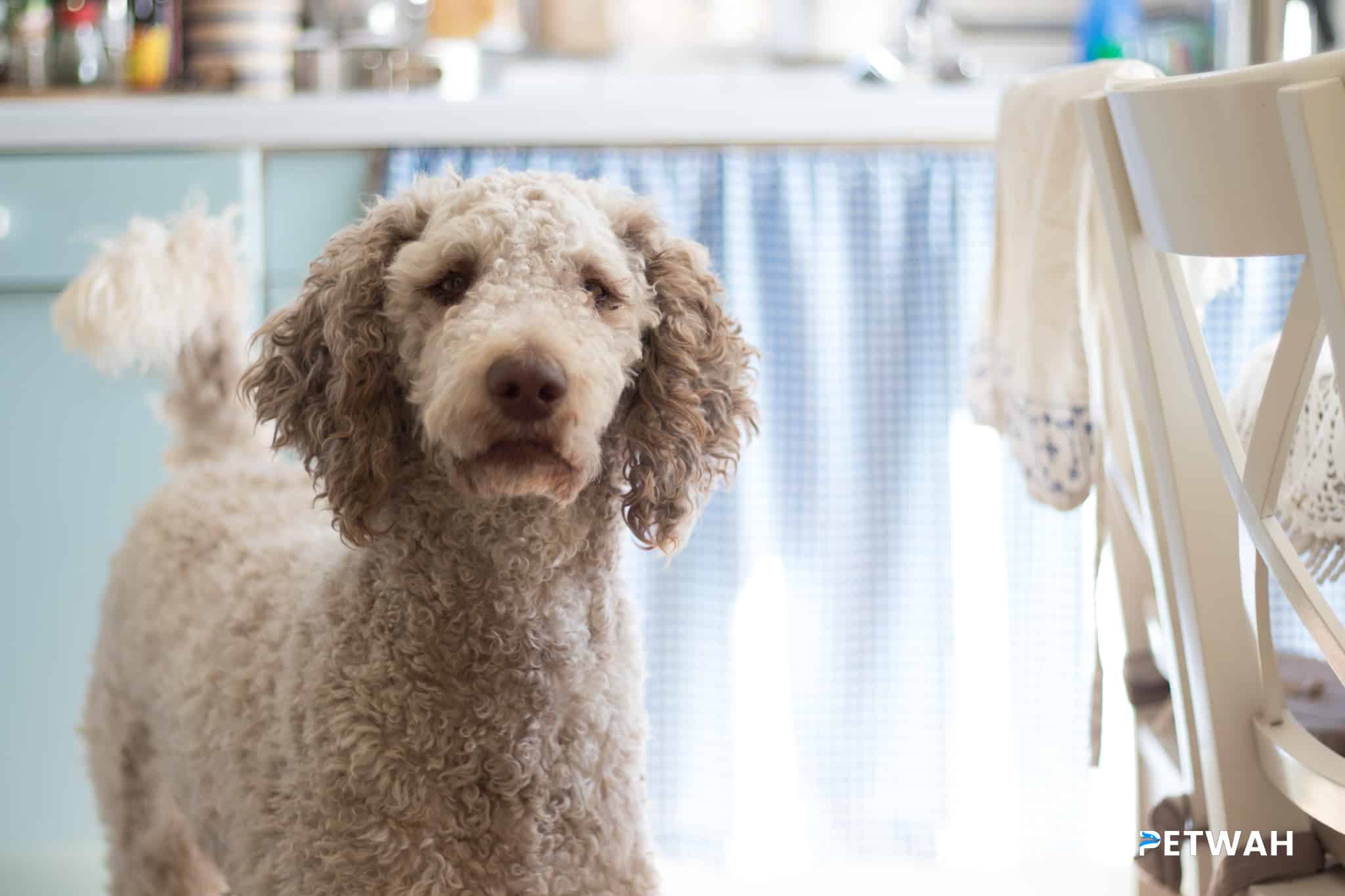Poodles are beloved companion dogs known for their intelligence, elegance, and playful nature. However, like any other breed, they can display certain behavioral challenges that require attention and training. Two common issues faced by Poodle owners are excessive barking and separation anxiety. In this blog post, we will explore effective ways that couples can address these challenges and ensure a harmonious relationship with their furry friend.
Understanding Excessive Barking in Poodles:
1. Identify the root cause: Excessive barking can be triggered by various factors such as boredom, fear, territorial instincts, or even medical issues. It is crucial to determine the underlying cause in order to effectively address the behavior.

2. Provide mental and physical stimulation: Poodles are intelligent dogs and need regular mental and physical exercise to stay happy and content. Engaging them in activities like puzzle toys, obedience training, or interactive play sessions can help to redirect their excess energy and minimize barking.
3. Socialize your Poodle: A lack of proper socialization can contribute to anxiety and, subsequently, excessive barking. Expose your Poodle to different environments, people, and animals from a young age to help them become well-adjusted and less prone to barking out of fear or insecurity.
4. Seek professional guidance: If your Poodle’s barking persists despite your best efforts, it may be beneficial to consult with a professional dog trainer or behaviorist. They can provide personalized advice and techniques to specifically address your dog’s barking behavior.
Addressing Separation Anxiety in Poodles:
1. Gradual desensitization: Start by leaving your Poodle alone for short periods and gradually increase the duration over time. Use positive reinforcement techniques and rewards to create positive associations with your absence.
2. Create a safe and comfortable space: Designate a specific area for your Poodle when you’re away, such as a cozy crate or a room with their bed and toys. This can help them feel secure and minimize anxiety.
3. Use calming aids: Consider using calming aids, such as pheromone diffusers or anxiety wraps, to help alleviate your Poodle’s stress. These products can have a soothing effect and promote relaxation.
4. Engage in pre-departure rituals: Establish pre-departure rituals or cues, such as picking up your keys or putting on your shoes, that are separate from leaving. This can help your Poodle associate these actions with brief absences rather than prolonged separation.
5. Consult a professional: If your Poodle’s separation anxiety persists or worsens, it is advisable to seek guidance from a qualified dog behaviorist. They can assess your dog’s specific situation and develop a customized plan to address the anxiety effectively.
Conclusion:
By understanding the triggers and implementing appropriate techniques, couples can effectively address common behavioral challenges in Poodles, such as excessive barking and separation anxiety. Remember that patience, consistency, and positive reinforcement are key to helping your Poodle overcome these challenges and maintain a happy and balanced life.
FAQs:
1. Can excessive barking in Poodles be a sign of an underlying health issue?
Yes, excessive barking can sometimes be a symptom of a medical problem. If your Poodle’s barking is sudden or accompanied by other unusual behavior, it is recommended to consult with a veterinarian to rule out any underlying health issues.
2. Are certain Poodle sizes more prone to separation anxiety?
Separation anxiety can affect any size Poodle, although it may be more prevalent in smaller varieties due to their tendency to develop stronger attachment bonds with their owners.
3. How long does it take to address separation anxiety in Poodles?
The time it takes to address separation anxiety in Poodles can vary depending on various factors such as the severity of the anxiety and consistency in training. It may take weeks or even months of dedicated effort to help your Poodle overcome separation anxiety fully.
4. Are there any alternative therapies for addressing separation anxiety in Poodles?
Some pet owners find alternative therapies, such as aromatherapy, music therapy, or herbal remedies, to be helpful in managing separation anxiety. However, it’s important to consult with a veterinarian or qualified behaviorist before incorporating any alternative treatments.
5. Can Poodles be taught to bark less?
Yes, with consistent training and positive reinforcement, Poodles can be taught to bark less. However, it is important to strike a balance and not completely suppress their natural instinct to communicate. Training them to bark on command and rewarding them for quiet behavior can be effective in managing excessive barking.
If you’re a Poodle owner seeking assistance with training, behavior management, or a wide range of pet services, visit PetWah.com. Their team of experts is dedicated to providing comprehensive and personalized solutions to enhance the well-being of your furry friend.







